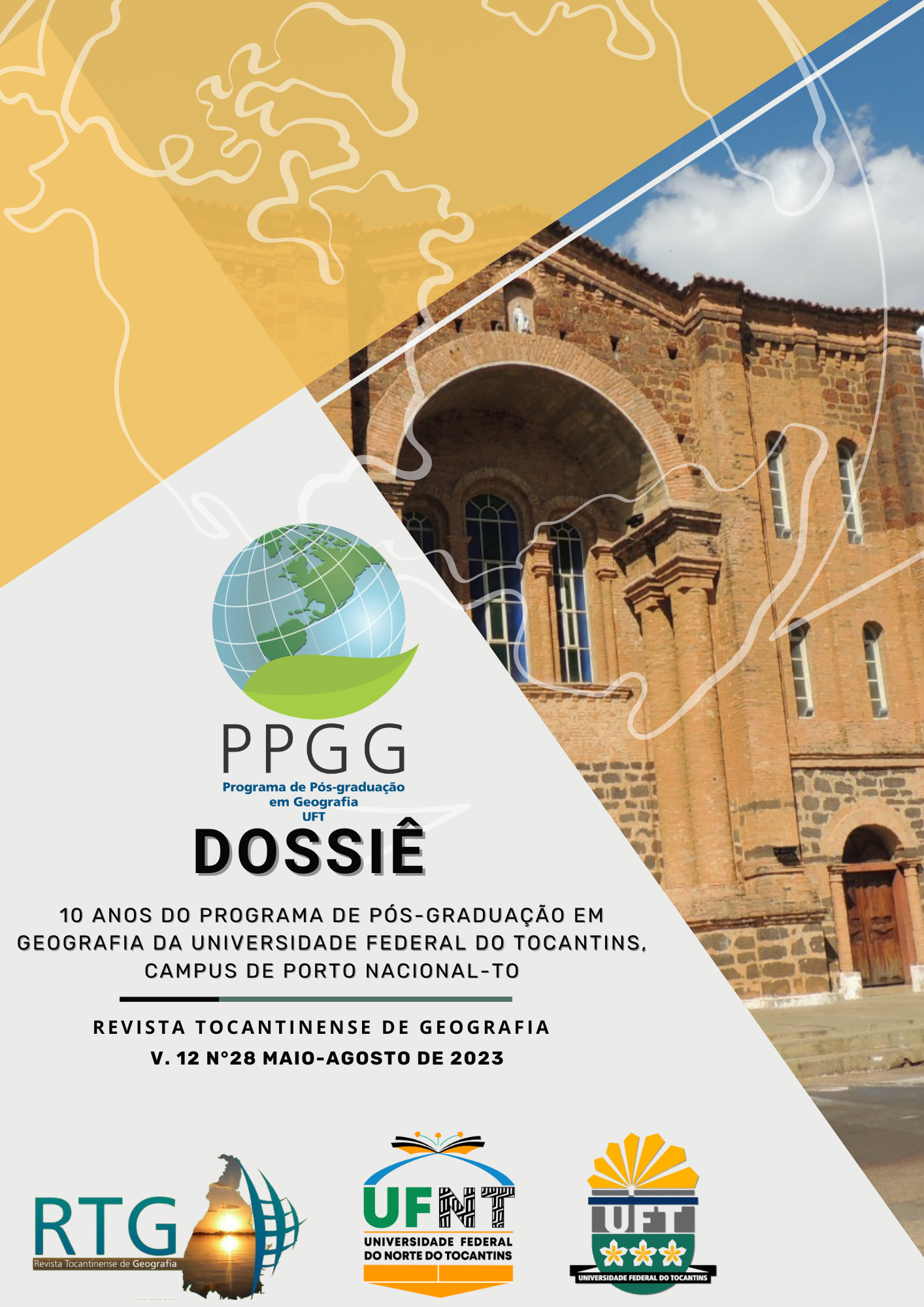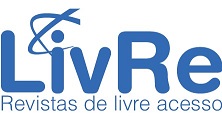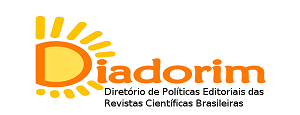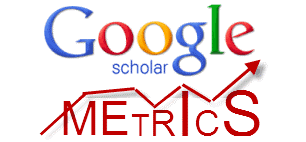CRIAÇÃO E CONSOLIDAÇÃO DA LINHA DE PESQUISA ENSINO DE GEOGRAFIA NO PROGRAMA DE PÓS-GRADUAÇÃO EM GEOGRAFIA DA UFT
DOI :
https://doi.org/10.20873/rtg.v12i28.16496Mots-clés :
Pós-Graduação em Geografia, Educação geográfica, Ensino de Geografia, Redes ColaborativasRésumé
Em razão da comemoração dos 10 anos do Programa de Pós-graduação em Geografia (PPGG) da Universidade Federal do Tocantins este artigo tem como objetivo apresentar o percurso de criação e os desdobramentos que contribuíram para a consolidação da área de pesquisa em Ensino de Geografia no PPGG. A partir de um conjunto de fontes históricas, da produção acadêmica e de registros de pesquisas busca-se explicitar as ações que resultaram na constituição da linha de pesquisa em Ensino de Geografia no PPGG da UFT. O Programa de Pós-graduação em Geografia da Universidade Federal do Tocantins foi implantado em 2011 com duas linhas de pesquisa: "Análise e Gestão Geoambiental" e "Estudos Geoterritoriais" e permaneceu até 2016 com esta configuração. A alteração das linhas de pesquisa no PPGG ocorreu em 2016 mediante a demanda que crescia ano após ano por orientações na área de ensino de Geografia. Em 2017 o PPGG incluiu a linha de pesquisa “Ensino de Geografia” no processo seletivo procurando destacar a Geografia na dimensão do ensino com espaço para a reflexão, pesquisa e debate sobre a Geografia no contexto da educação escolar, a formação de professores, a relação entre Geografia e educação formal e não-formal, a relação ensino aprendizagem na Geografia, cultura-arte-memória-imaginário no ensino da Geografia, tecnologias e práticas pedagógicas, ensino de Geografia e Educação Ambiental, e as categorias geográficas na relação do ensino aprendizagem. Durante esses 6 anos de formação de mestres na área de ensino de Geografia o PPGG contabiliza 15 dissertações defendidas (até abril de 2023) e 7 em andamento.
Références
ASCENÇÃO, Valéria Oliveira Roque; VALADÃO, Roberto C. Professor de geografia: entre o estudo do fenômeno e a interpretação da espacialidade do fenômeno. Scripta Nova - Revista Electrónica de Geografía Y Ciencias Sociales. Universidad de Barcelona. Vol. XVIII, núm. 496 (03), 2014. Disponível em https://revistes.ub.edu/index.php/ScriptaNova
BACHELAR, Gaston. A Formação do Espírito Científico: contribuição para uma psicanálise do conhecimento. Rio de janeiro, Contraponto, 1986.
CABRAL, Thiago Manhães; CECIM, Jéssica da Silva Rodrigues; STRAFORINI, Rafael. A realidade do aluno como tradição pedagógica em disputa na geografia escolar (1920-2020). Revista Brasileira de História da Educação. v. 21, 2021. Disponível em https://www.scielo.br/j/rbhe/a/ppywyRPSsyFq6RkRnRKyd6w/?lang=pt&format=pdf
CALLAI, Helena Copetti. Aprendendo a ler o mundo: a geografia nos anos iniciais do ensino fundamental. Caderno Cedes, Campinas, vol. 25, n. 66, p. 227-247, maio/ago. 2005. Disponível em www.cedes.unicamp.br
CASTELLAR, Sonia Maria Vanzella. Cartografia escolar e o pensamento espacial fortalecendo o conhecimento geográfico. Revista Brasileira de Educação em Geografia, Campinas, v. 7, n. 13, p. 207-232, jan./jun., 2017. Disponível em https://www.revistaedugeo.com.br
CASTELLAR, Sonia Maria Vanzella. PEREIRA, Carolina Machado Rocha Busch; GUIMARÃES, Raul Borges. For a powerful geography in the brazilian national curriculum. In: CASTELLAR, Sonia Maria Vanzella; GARRIDO-PEREIRA, Marcelo. LACHE, Nubia Moreno. (org.) Geographical reasoning and learning: perspectives on curriculum and cartography from South America. Switzerland: Springer, 2021. p. 15-31.
CASTROGIOVANNI, Antonio Carlos. Encontro Nacional de Prática de Ensino em Geografia: vasculhando anotações... Revista Brasileira de Educação em Geografia, Campinas, v. 10, n. 19, p. 235-252, jan./jun., 2020. Disponível em https://www.revistaedugeo.com.br
CAVALCANTI, Lana de Souza. Para onde estão indo as investigações sobre ensino de geografia no brasil? um olhar sobre elementos da pesquisa e do lugar que ela ocupa nesse campo. Boletim Goiano de Geografia. Goiânia, v. 36, n. 3, p. 399-419, set./dez. 2016. Disponível em https://revistas.ufg.br/bgg/index
DUARTE, Ronaldo Goulart. School Cartography and Spatial Thinking of Brazilian Students at the end of Junior High School. Boletim Paulista de Geografia, v. 99, p. 142-160, 2018. Disponível em https://www.agb.org.br/publicacoes/index.php/boletim-paulista/article/view/1475
GOMES, Paulo César da Costa. Quadros geográficos: uma forma de ver, uma forma de pensar. Rio de Janeiro: Bertrand Brasil, 2017.
MORAIS, Eliana Marta Barbosa de; RICHTER, Denis (Orgs.) Formação de professores de Geografia no Brasil. Goiânia: Editora Alfa, 2020.
PEREIRA, Carolina Machado Rocha Busch. Um mundo de aproximações geográficas com a obra de Chico Buarque: música, linguagem e pensamento geoespacial. Boletim Paulista de Geografia, v. 99, p. 142-160, 2018. Disponível em https://www.agb.org.br/publicacoes/index.php/boletim-paulista/article/view/1472
PINHEIRO, Antonio Carlos. O ensino de Geografia no Brasil. Goiânia: Editora Vieira, 2005.
STRAFORINI Rafael; CANTO, Tânia Seneme do, AMORIM, Raul Reis. Apresentação e dados estatísticos. Anais do 14º Enpeg. Encontro Nacional de Prática de Ensino de Geografia. Políticas, linguagens e trajetórias. Campinas: Unicamp, 2019. Disponível em https://ocs.ige.unicamp.br/ojs/anais14enpeg/about.
Téléchargements
Publié-e
Comment citer
Numéro
Rubrique
Licence
© Journal de géographie Tocantinense 2023

Cette œuvre est sous licence Creative Commons Attribution - Pas d'Utilisation Commerciale - Pas de Modification 4.0 International.
Revista Tocantinense de Geografia ne rémunère aucun auteur pour la publication de ses textes. Le contenu des textes publiés dans cette revue relève de la responsabilité des auteurs.









.png)












